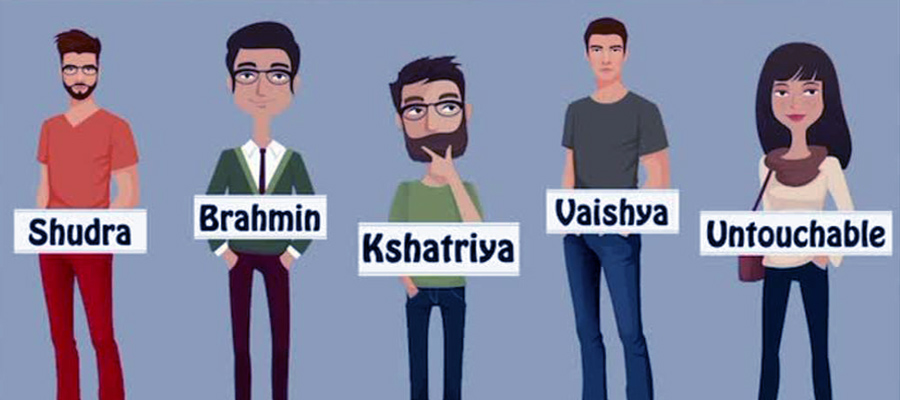Dharma and Relativism
Dharma holds that we must look at each individual and circumstance according to the particular situations, energies, and capacities involved. For this reason, a Dharmic approach remains flexible and does not seek to impose any absolutes or rigid rules upon humanity. For example, if you are driving down a road you cannot follow a rigid set of rules or formulas; you have to actually see the movement of traffic moment by moment. Similarly, Dharma rests upon perception more so than any doctrine.
Yet Dharma has far removed from an ‘anything goes’ attitude or a mere moral relativism. Dharma says that there are a right and appropriate way to do each thing, whether it is the right way to eat, the right way to breathe, or a right and respectful way to organize our societies, reflecting individual circumstances as well as the broader principles existence. This way of right action cannot be reduced to a fixed pattern but is not without enduring principles either. Dharma requires consciousness in its application and cannot be turned into a standardized creed or mechanical set of rules.
Dharma and Secularism
Dharma does not imply a rule of religion over life or society. Dharma and secularism, the idea that church and state should be separate, share certain attitudes, values and concerns. Dharma holds that a government should not be used to promote one religious belief or another. It holds to freedom of religion and says that the individual should have the freedom to pursue their own Dharma in life, free of control by the state or by any external institution.
Yet Dharma is different from secularism in certain ways as well. Dharma regards all life as sacred and so cannot accept a merely commercial view of life, which is the tendency of so-called modern secular cultures. Dharma says that we must respect the sacred aspect of human life and try to make our social actions into something respectful of the greater universe. Dharma can project a spiritual vision without violating the principle of individual freedom. This is because it sees the spiritual path as a matter of individual practice, an expression of freedom, not something enforced from the outside.





